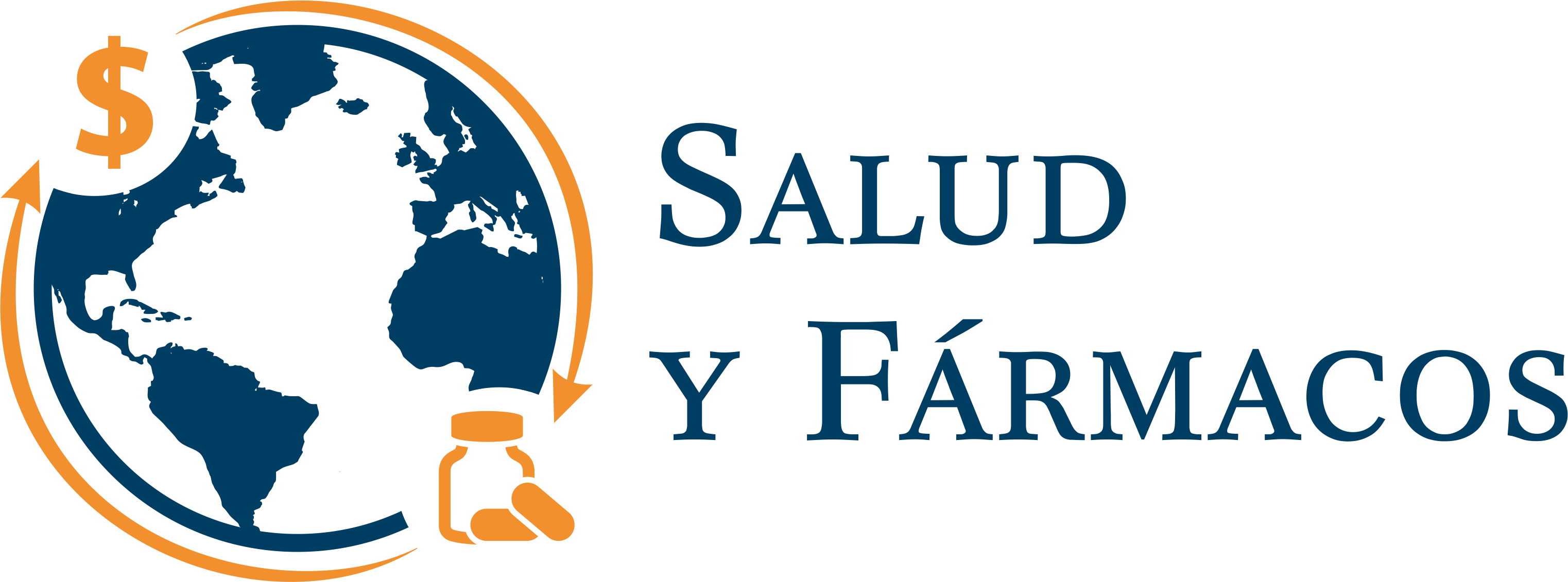E-DRUG: Dutch Advisory committee recommends Government to take urgent steps to lower medicines prices
——————————
[The extremely high prices for new medicines (cancer, hepatitis-c) has now reached a point in which the official Dutch Council for Public Health and Society has recommended the new Dutch Government to use 3 strategies to improve its negotiation position with the pharmaceutical manufacturers.]
1. Import more affordable generic alternatives from abroad for a single patient:
this is allowed under Dutch/European Medicines laws, in which an unregistered medicine can be imported for a single patient on the prescription by a physician, and when both patient and doctor sign a letter they are aware the product is not registered. Obviously the product should be good quality, so it would be recommended to use the services of a reliable “buyers’ club” or order the product from a quality assured source (in the case of hepatitis, the Egyptian PHARCO company which has obtained ERP for its product and a WHO prequalification for its API. The 12 week cure for hepatitis-C costs only USD 120 compared to the Euro 46000 cost in the Netherlands). Irrespective of the Dutch Government decision, this option is already open for any single patient in the EU who is not insured or who cannot afford to pay Euro 46000 for a hepatitis-C cure.
The importation could be seen as a patent infringement by the patent holder, but it remains to be seen whether they will actively want to sue patients using this approach. If the government also applies action 3, there would be no infringement.
2. production of the same product by a pharmacist for a single patient:
this is exempted from medicines registration, and has been advocated by Prof Huub Schellekens at the WHO Collaborating Centre of Excellence for Affordable Biopharmaceuticals in Utrecht, who says he can make a biosimilar for a fraction of the cost. Alternatively the raw material can be ordered by the pharmacist and compounded using his professional skills. This option is also legally possible without a government decision, and has been used occasionally by hospital pharmacists importing the API from Indian suppliers for the use by a single patient for rare metabolic disorders (at a fraction of the European cost). The production could be seen as a patent infringement by the patent holder, but it remains to be seen whether they will actively want to sue pharmacists making life-saving medicines for a single patient. If the government also applies action 3, there would be no infringement.
3. compulsory or government use license (in the interest of public health):
this power is present in the Dutch and most other countries’ patent laws, and has been used recently by the Malaysian government to reduce the cost of hepatitis-c treatment. European countries have used this power occasionally. A subsequent hurdle in the EU will be that registration of the generic equivalent might face “Data exclusivity” or “Supplementary Protection Certificates”. However, the registration requirement can be bypassed by using option nr 1.
The Dutch Parliament discussed the medicines pricing problem on 2 October, and will have another session on this in 2nd half November. The Health Minister of the previous Dutch government (Mrs Schippers) already wrote in the Lancet 8 Nov 2016 that the current system is broken.
It will be interesting to see how the new Dutch Health Minister, Cabinet and Parliament will respond.
I predict that pharmaceutical companies will now be more willing to lower prices as otherwise they lose control over their product.
The above strategies are obviously even more relevant in EU countries like Romania, Latvia etc where the hepatitis-c prevalence is much higher than in the Netherlands and the GDP much lower.
Interesting times!
Below the press release of the official report. WB]
https://www.raadrvs.nl/en/
Development of new medicines. Better, faster, cheaper
Date: 09 november 2017. Development of new medicines. Better, faster, cheaper
The governmental authorities need a different approach to pharmaceuticals manufacturers. If they are not prepared to ask a socially acceptable price for their products in negotiations, the authorities will have to make use of the options that national and international regulations offer for making the medicine available for patients nonetheless. Examples of these last resort options are tackling the misuse of positions of power by the manufacturers, encouraging pharmacy preparation, allowing patients to order medicines themselves via the Internet on a doctor’s prescription, and granting compulsory licences.
Enforcing socially acceptable pricing will encourage the commercial sector to develop medicines better, faster and more cheaply. They will in particular be forced to reduce the high probability of failures in the development of new medicines. That is stated in the recommendations entitled “Development of new medicines – better, faster, cheaper” that the Council for Public Health and Society (Raad voor Volksgezondheid en Samenleving, RVS) handed over today to the Dutch Minister for Medical Care, Mr Bruins.
‘A situation has arisen in the Netherlands that is impacting negatively on both society and the individual patients,” says Pauline Meurs, chair of the RVS. “The high prices are partially the consequence of an inefficient development process. The costs of failures are set off against the price of the medication that does reach the market. Another factor is the market power of the pharmaceutical companies and the limited counterweight provided by government, hospitals and health insurers.” Throw the duty of care that is widely accepted in this country into the mix and it becomes all but impossible not to give a medicine a licence. We are aiming to use these recommendations to show that it can be done differently, in the current international context as well. The Netherlands can lead the way in this.’
Reducing the risk of failure
The high prices of medicinal products are to a significant extent the consequence of inefficient development processes. An average of nine out of ten potential new medicines drop out during the costly clinical trials. There are too few stimuli for both scientists and pharmaceuticals companies to make efforts to reduce the development costs, in particular the risk of failures. It is currently too easy for companies to set off the costs of these failures in the price of a medicine that does make it to the market. In addition, lower development costs do not necessarily lead to lower prices in the current situation. Two reasons why the governmental authorities must tackle excessively high prices. The quality of the clinical trials also leaves a lot to be desired. There is a task here for the authorities in encouraging reliable and efficient clinical research. The authorities must also provide further stimuli for new forms of medicine development in the country. In addition, direct input from patients in the development of medicines can yield better results and lower risks of failure. If we are able to work together in the Netherlands, we will be able to show that medicines can indeed be developed better, faster and more cheaply.
Tackling excessively high prices
In order to obtain lower prices, the negotiating power of the authorities has to be increased. If the price of a new medicine is too high and price negotiations fail, then the authorities must make use of the available legal instruments such as compulsory licences. The governmental authorities could also permit patients to order cheaper medicines on a doctor’s prescription, for instance abroad through the Internet and have them delivered at home. Pharmacy preparation must also be encouraged. In addition, the governmental authorities can tackle the manufacturers’ abuse of their position of power. This not only provides a stimulus for more efficient development of new medicines, but at the same time also keeps care affordable.
Download the full report (70 pages, ENG):
https://www.raadrvs.nl/en/

